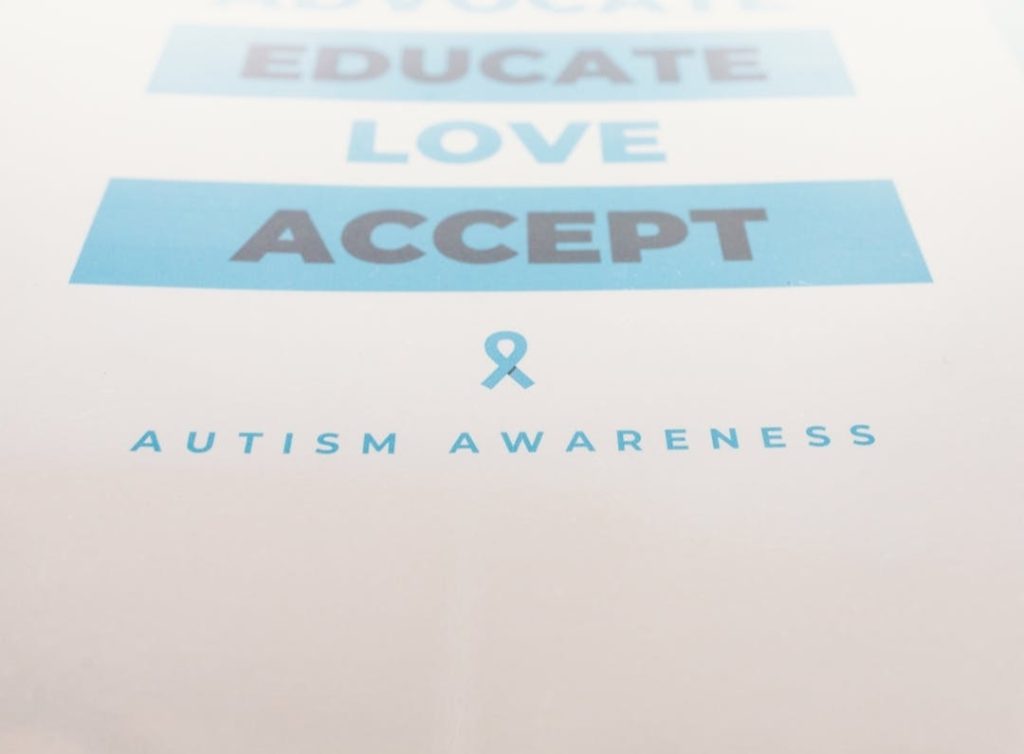When people think of the most important parts of their body, the first organs that may come to mind tend to be the heart, the brain, or the lungs. But what about our skin?
Our skin is our body’s largest organ and it is the first line of defense against the environment around us. While our environment includes harmful bacteria and viruses, the UV light emitted by the sun can cause mutations to our DNA which may initiate the formation of cancer. And with the ever-increasing depletion of the earth’s protective ozone layer, our bodies are exposed to harmful rays on a greater basis than ever before.
One in five Americans will develop skin cancer by age 70 making it the most common form of cancer in our country. And with every passing hour, skin cancer claims the lives of more than two Americans.
To prevent most forms of UV-induced cancer, you need to avoid the harmful rays from the sun, but this doesn’t mean that you have to always stay indoors.
Whether we like it or not, we are all exposed to UV light on a daily basis and we should not change our love for outdoor activities out of fear. Instead, we should continue to do our favorite activities while taking extra steps to protect our skin.
How to protect your skin and why it matters
Melanoma is the most deadly form of skin cancer, and having 5 or more sunburns doubles your risk for its development. However, we are not powerless against melanoma and other forms of skin cancer and we can take active steps to better our chances of survival.
Early detection is the most important step for keeping your skin healthy. When detected early, the five-year survival rate for melanoma is 99%. Luckily, we can practice early detection by monitoring our skin on a monthly basis.
This means examining your body regularly for visible changes including the development of growths, moles, spots, or an open sore. It is also critical to see your dermatologist on an annual basis with more frequent visits depending on your personal level of risk. Aside from early detection methods, we must use every tool in our toolbox to keep our skin healthy.
Regular, daily use of sunscreen is also extremely important for the prevention of developing skin cancer, and no you don’t have to buy that expensive SPF 100 bottle to make an impact. According to the Skin Cancer Foundation, regular usage of SPF 15 can prevent the occurrence of melanoma by 50% and squamous cell carcinoma by 40%. While helping your skin to prevent cancer, you will also look better. People who use SPF 15 sunscreen daily have been shown to exhibit 24% less skin aging when compared to those who do not use sunscreen.
But let’s be honest, sunscreens feel oily and there are many times that we simply do not want to apply it. This is not a cause for concern, and there are many other important methods for protecting our skin.
The easiest way for us to protect our skin is to adequately cover it. Wearing dark clothing with tightly woven fabric can prevent the sun’s rays from impacting your skin. Simply choosing to wear a hat can also help to prevent head and neck cancers—which are some of the deadliest and most disfiguring forms of skin cancer.
In addition, some forms of clothing are designed to protect your skin from UV light. Clothing that has a UPF (Ultraviolet Protection Factor) rating will tell you exactly how much UV light your clothing item will block. Clothing with a UPF rating of 50 will block 98% of UV light rays. However, while all joyful activities carry some level of risk, some are more dangerous than others.
Avoid tanning booths and other overtly harmful activities
Two activities in particular are known to increase your chances of developing skin cancer: smoking tobacco and using indoor tanning booths.
After attending one indoor tanning session, your risk of developing melanoma increases by 75%. Even more concerning is the fact that 97% of women who developed melanoma before the age of 30 used tanning beds. Tanning with natural sunlight is not a safer alternative to indoor tanning, which is why sunless tanning products such as spray tans are a better choice.
Similarly, smoking cigarettes has been shown to triple one’s chances of developing squamous cell carcinoma, which is a common form of skin cancer. In addition, patients with melanoma who have a history of smoking cigarettes have a higher chance of mortality. National Healthy Skin Month reminds us that much of our health remains in our control. We can fight against skin cancer through the actions of early detection and self-responsibility.
Take care of your body, set a good example for those around you, and always be mindful of your skin.
Our Her Nexx Chapter Community invites you to join us where women are connecting with each other’s stories, exploring different experiences, and transforming ideas.
The Future of Connection for Women







